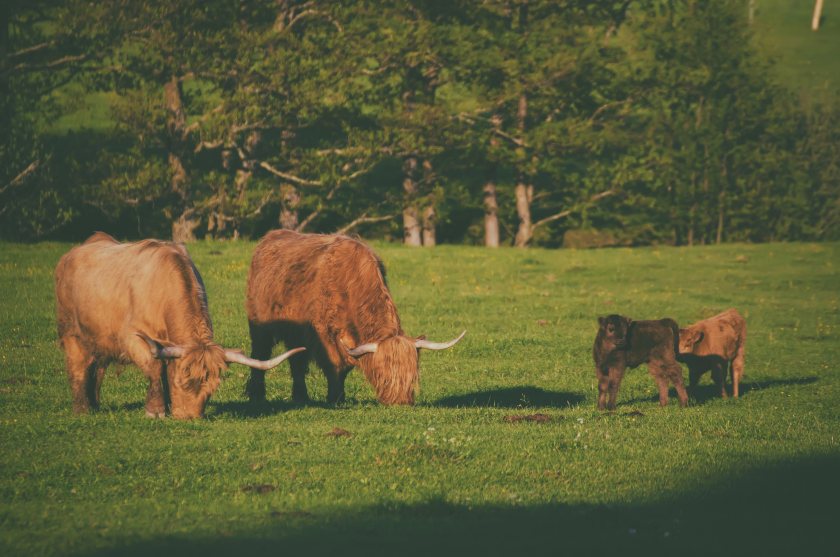
Scotland is setting the pace for organic farming in the UK, with the latest data showing a 13% increase in organic farmland in 2024, while England continues to fall behind.
According to the latest data from Defra, the total area of organic farmland in England increased by just 1% in 2024 to 502,800 hectares.
In contrast, Scotland saw a 13% rise to 131,500 hectares, continuing a six-year streak of organic growth supported by government incentives and targets.
The figures also show Scotland more than doubled its organic land in conversion in just one year, with a 102% increase to 26,500 hectares.
England’s comparable figure rose by just 7%, while Wales saw a 45% decline.
Adrian Steele, organic development advisor at the Soil Association, warned that the lack of support in England is pushing opportunities into the hands of EU producers.
“Scotland is continuing to lead the way on organic farmland and conversions with strong government support and ambitious targets to boost nature-friendly farming,” he said.
“England is falling significantly behind with little or no discernible growth in total organic farmland in ten years and the freezing of the Sustainable Farming Incentive (SFI) has had an immediate impact on organic conversions.”
Mr Steele added that without a dedicated organic action plan, England risks undermining its ability to meet biodiversity targets and grow a homegrown organic sector.
“Nine out of ten farmers attending a recent webinar expressed frustration that the door has been shut on SFI payments, discouraging them from committing to a more sustainable future,” he said.
He called for the government to urgently reinstate organic support within schemes such as Countryside Stewardship, arguing this would help maintain momentum and encourage new entrants.
In contrast, Scotland continues to lead on agroecological farming, with organic land now accounting for 2.6% of the total farmland—up from 1.8% at the start of the current parliamentary term.
The Scottish government has pledged to double organic farmland to 10% by 2026.
A spokesperson from the Soil Association’s Scotland office said: “This demonstrates a clear direction of travel towards more organic production in Scotland that delivers on Scottish Government agricultural policy objectives.
"What is now needed is an Organic Action Plan to build on this momentum.”
Wales, meanwhile, presents a mixed picture. Despite a fall in organic land and a lack of conversion schemes, overall trends remain upwards.
The Welsh government has reinstated some support for organic, but uncertainty over future policy remains a barrier to growth.
It comes as figures show that demand for organic products continues to climb across the UK: the organic food and drink market grew by 7.3% in 2024, reaching £3.7 billion.
The first quarter of 2025 has seen strong momentum, with double-digit growth and a 4.8% rise in unit sales.
